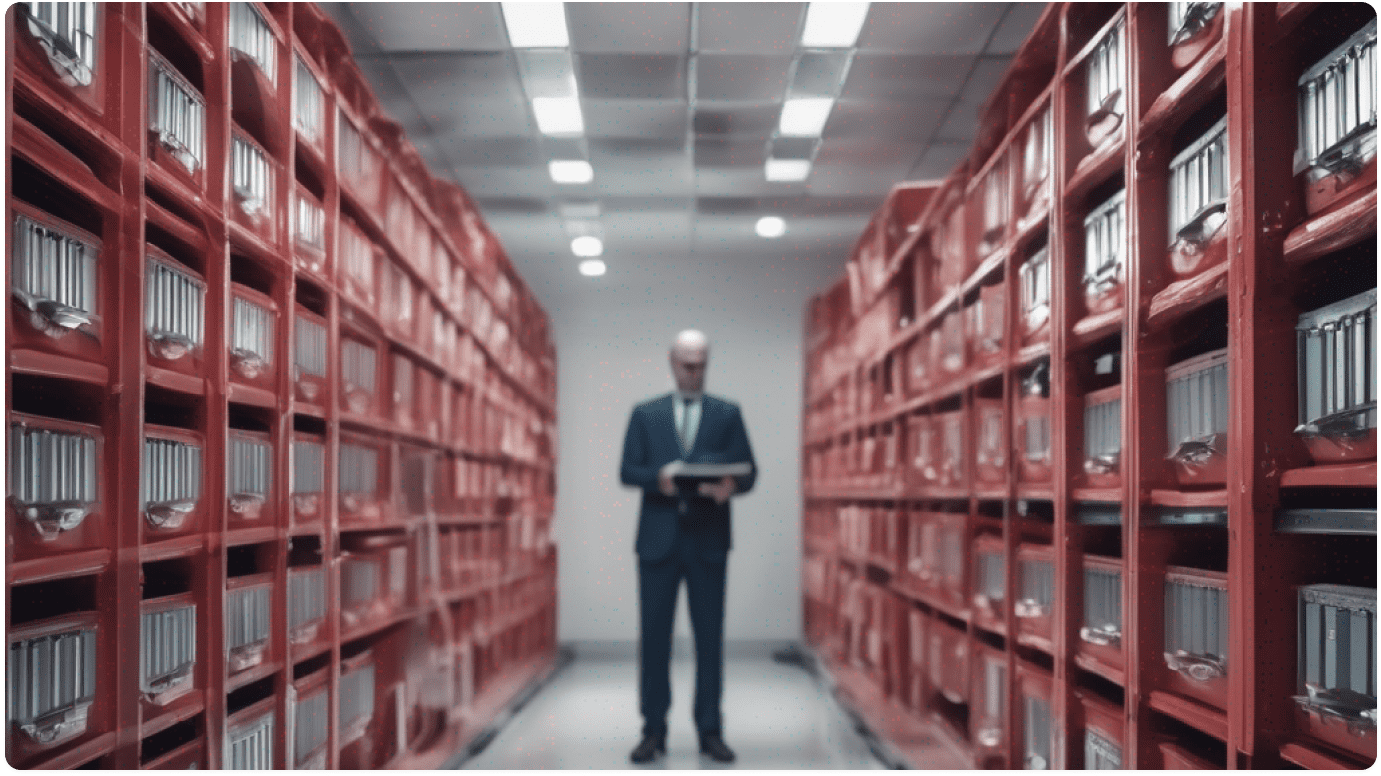Partiality on or continuing in The importance of archiving management system. principles

Archiving management systems have become an increasingly important tool for businesses and organizations in the digital age. These systems allow for the efficient and effective management of data, helping businesses protect and preserve important information, ensure compliance with regulatory requirements, and reduce the costs associated with storing and managing data. In this article, we will explore the importance of archiving management systems in greater detail, discussing their benefits, challenges, and best practices for implementation.
One of the primary benefits of archiving management systems is that they provide a centralized repository for important information. This can help businesses streamline their records management processes, allowing them to more easily access and retrieve important Documents when needed. Additionally, archiving management systems can help businesses enforce retention policies, ensuring that Documents is retained for the appropriate length of time and disposed of in a secure and compliant manner.
Another key benefit of archiving management systems is that they can help businesses ensure Documents security. With cyber threats on the rise, it is more important than ever for businesses to take steps to protect their data. Archiving management systems can help with this by providing secure storage for sensitive information, as well as features such as Documents encryption, access controls, and auditing capabilities.
Archiving management systems can also help businesses comply with regulatory requirements. In industries such as healthcare, finance, and legal services, strict regulations govern Documents retention and privacy. Archiving management systems can help businesses comply with these regulations by providing a secure and compliant repository for data, as well as features such as audit trails and e-discovery capabilities.
However, implementing an archiving management system is not without its challenges. One of the biggest challenges is ensuring that the system is user-friendly and intuitive, so that employees can easily access and retrieve Documents when needed. This may require training and education programs to ensure that employees understand how to use the system effectively.
Another challenge is ensuring that the system is scalable and can accommodate the needs of the business as it grows. This may require periodic upgrades or migrations to more robust systems, as well as ongoing monitoring and maintenance to ensure that the system is functioning properly.
Despite these challenges, there are several best practices that businesses can follow to ensure the successful implementation and use of an archiving management system. These include:
· Conducting a thorough needs assessment to determine the specific requirements of the business.
· Selecting a system that is scalable, user-friendly, and compliant with relevant regulations.
· Developing policies and procedures for Documents retention, disposal, and access control.
· Providing training and education to employees to ensure that they understand how to use the system effectively.
· Monitoring and maintaining the system on an ongoing basis to ensure that it is functioning properly and meeting the needs of the business.
In conclusion, archiving management systems have become an essential tool for businesses and organizations in the digital age.
These systems provide a centralized repository for important information, help ensure Documents` security and compliance with regulatory requirements, and can reduce the costs associated with storing and managing data.
While implementing an archiving management system can be challenging, following best practices can help ensure the successful implementation and use of the system.
By investing in an archiving management system, businesses can improve their records management processes, protect their data, and ensure compliance with regulatory requirements.




